Talk Overview
Although all domestic dogs belong to the same species, different breeds display unique morphological traits and different disease susceptibility. Dr. Elaine Ostrander provides an overview of canine genetics, and explains how scientists are using genetics to decipher the molecular basis of different traits such as height and cancer risk.
In her second lecture, Ostrander explains that canine genetics can be used to understand disease susceptibility and cancer risk. By analyzing the pedigree of dogs, her laboratory identified a series of genes involved in the elevated cancer risk of particular dog breeds. Specifically, her laboratory studied invasive transitional cell carcinoma of the bladder, a disease for which breeds like Scottish Terriers have a high susceptibility. In human cases of this disease, the cause is unknown in 50% of patients. Ostrander’s laboratory identified genetic mutations that explain the elevated cancer risk in these dogs. This information may improve diagnosis and targeted therapy in dogs and humans.
Speaker Bio
Elaine Ostrander

Dr. Elaine Ostrander is the Chief and Distinguished Investigator at the National Human Genome Research Institute at the National Institutes of Health (NIH). She received her B.S. degree from the University of Washington (1981), and her Ph.D. from the Oregon Health & Science University (1987). Ostrander continued her postdoctoral training at Harvard University. A few… Continue Reading

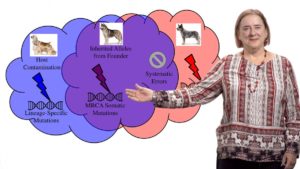
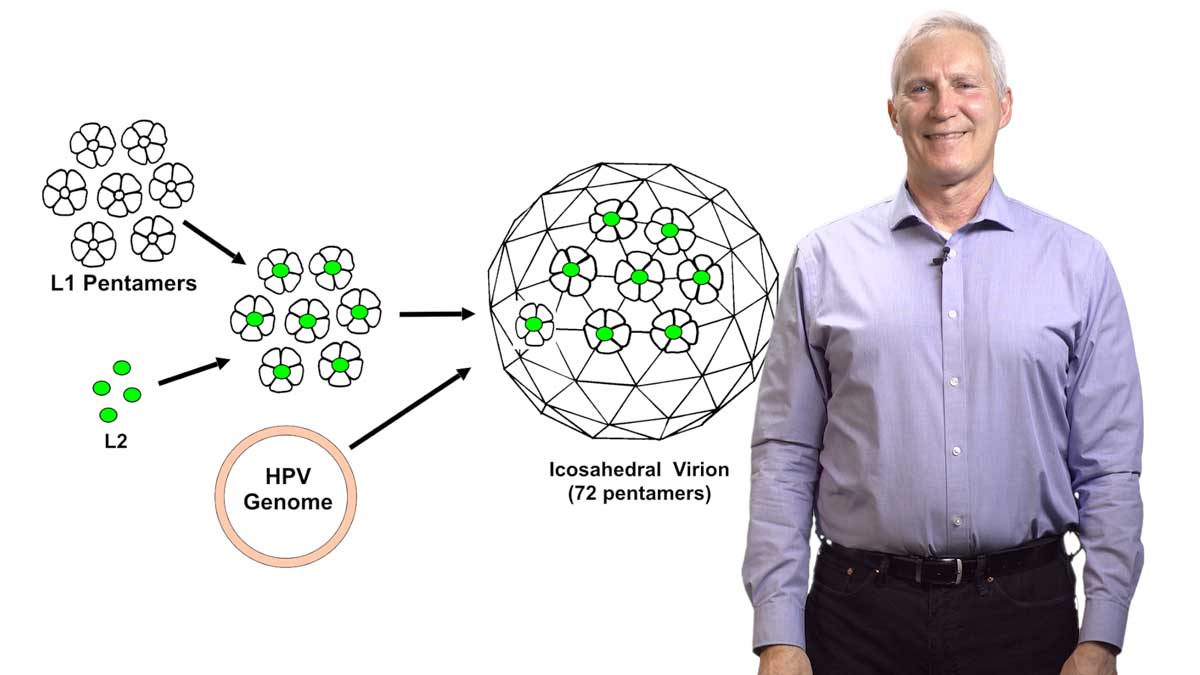
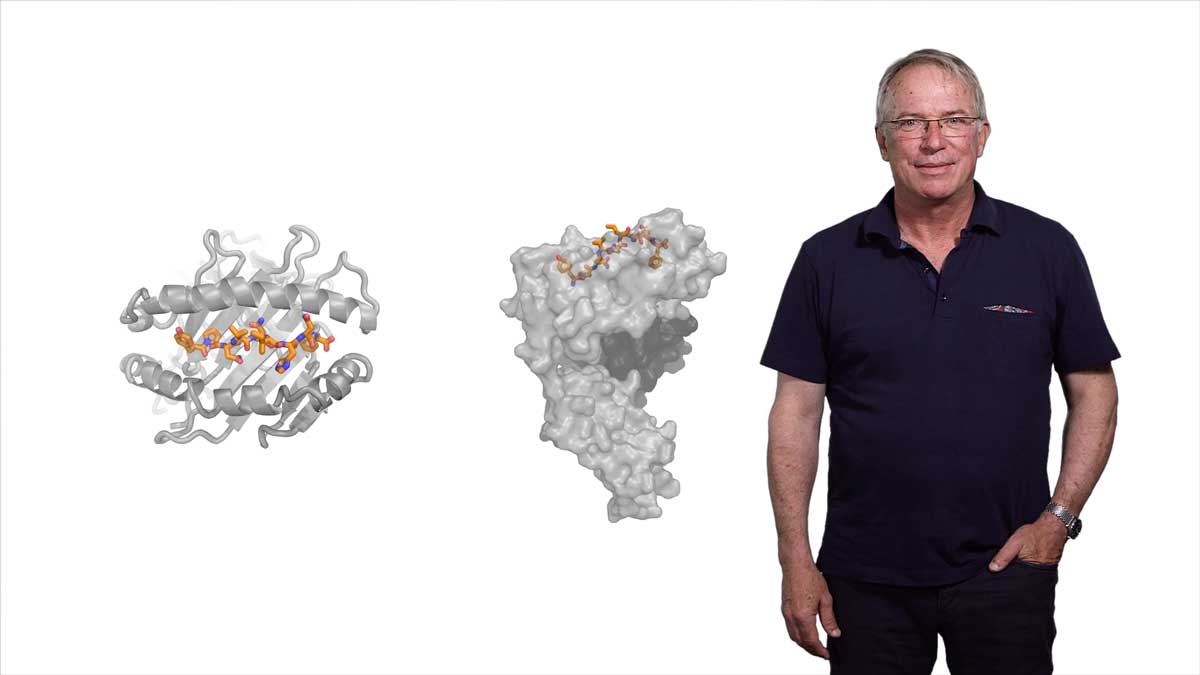
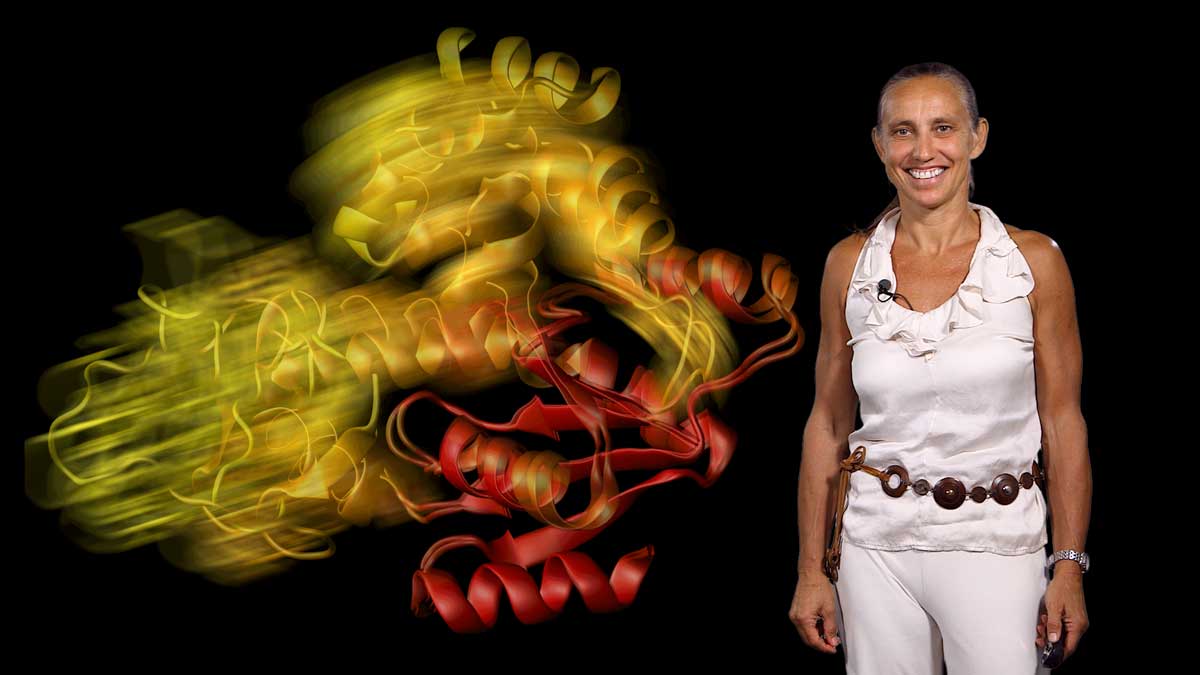
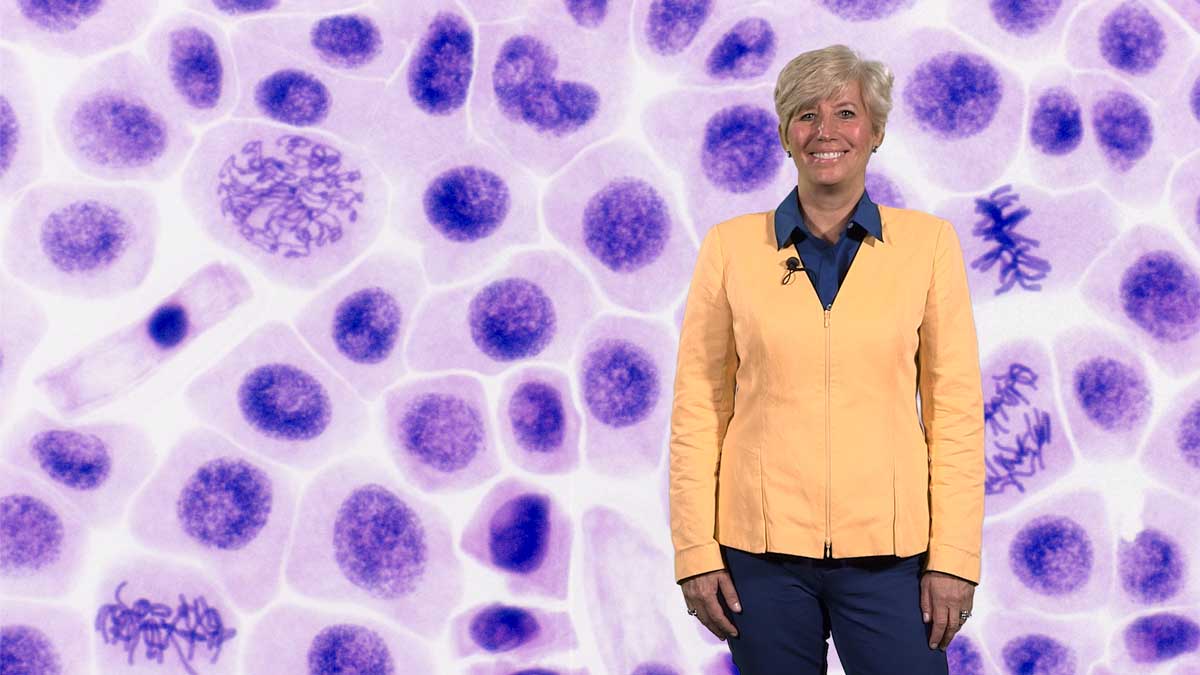





Leave a Reply